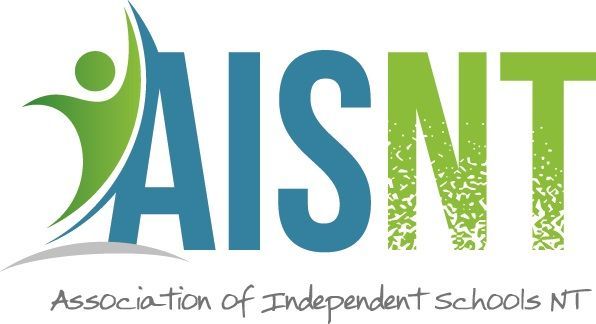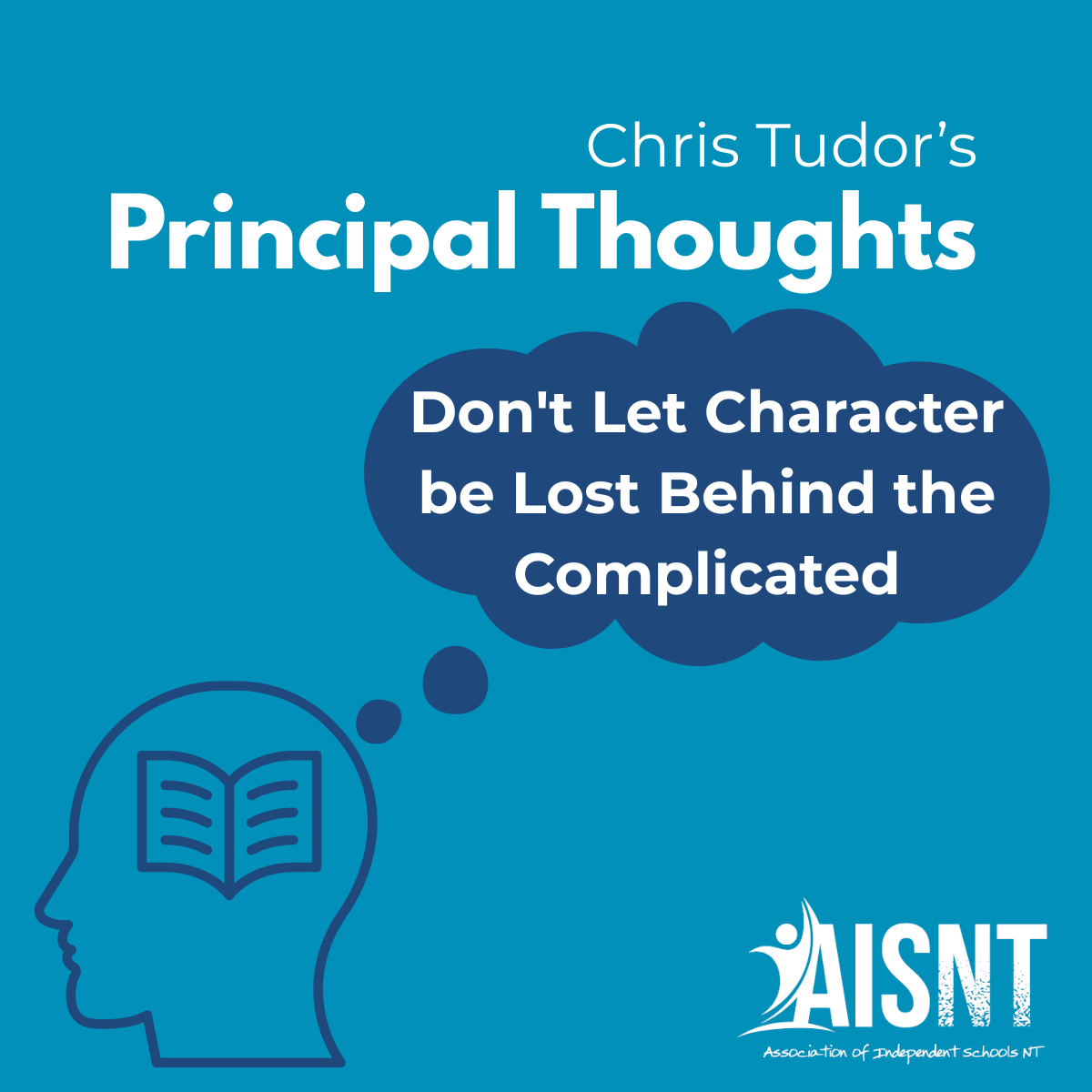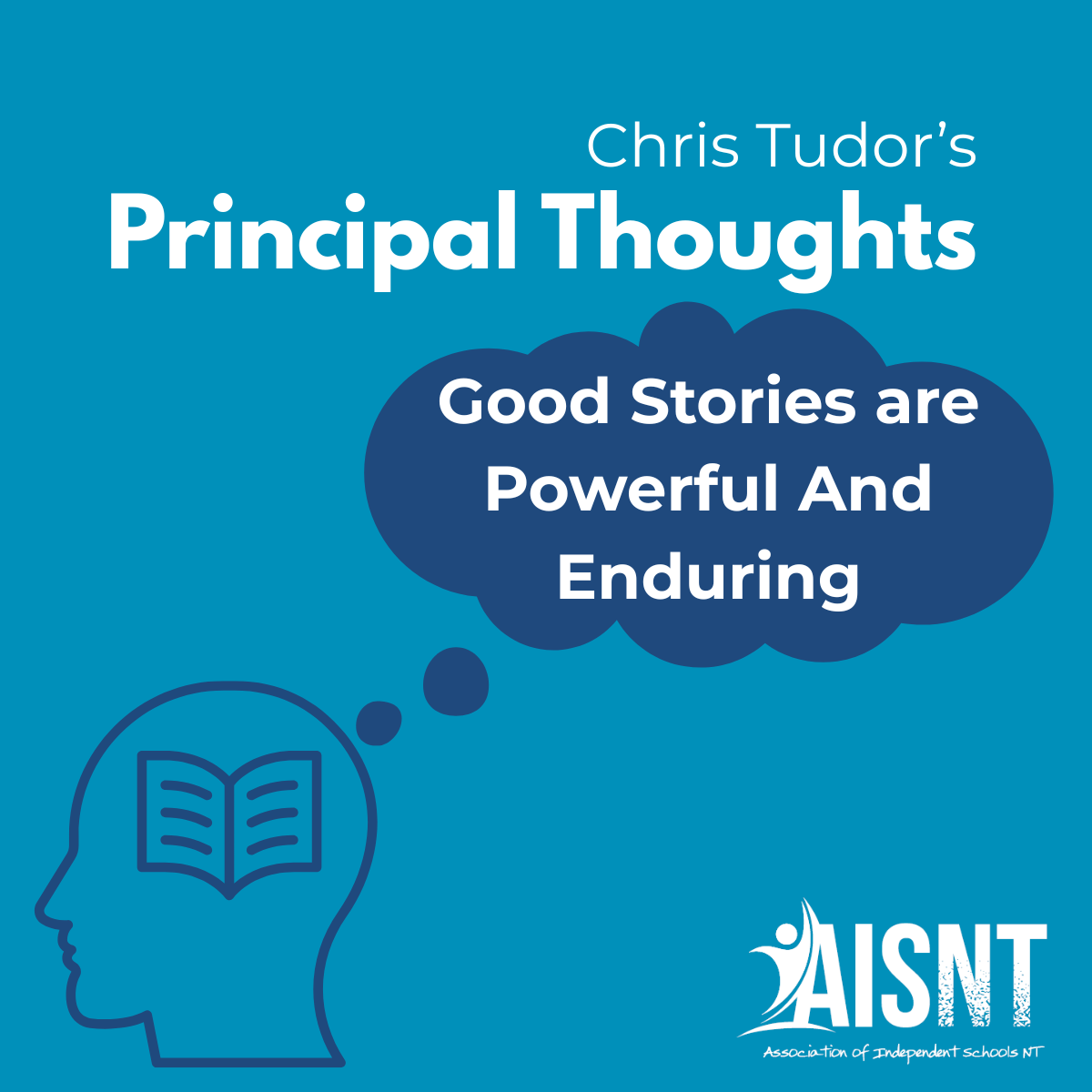Care of the Principal
Servant Leadership is the lot of good Principals - caring for those in their charge and ensuring that each person is considered as an individual and the opportunities for each individual, student and staff member, are the best that the school can manage. Whilst this statement seems straight forward, it is of course shrouded in competing, endless demands, complications and obligations which also include boards, parents, other family members, politicians, the press, government bureaucracy, fund raisers, banks, architects, builders and regulations everywhere. If a Principal is responsible for a boarding house then this producers another range of challenges with students at school 24 hours a day. Into the mix throw pandemics and the pressure rises. My list of course is not exhaustive and there is plenty more in the bag of responsibility. It is no wonder that the management consultant I mentioned in my last article said that
being a School Principal was the most complicated job he had ever seen.
The Principal unarguably operates in a really high pressured environment. In my experience as Principal I found that I was usually behind, racing after the train to try and catch up. Often there was a salutary understanding that If I worked 24 hours in the day without sleep I couldn’t catch up anyway. Early advice to me was “delegate, delegate, delegate” but of course you have to have appropriate staff to which you could delegate. I had no problems delegating, so long as I followed up with the “delegatee”. However there were plenty of tasks which I was unable to delegate or were particular tasks that I wanted to have my hand in such as Student Leadership or running MBTI analysis for staff and senior students. I kept in good contact with the College Student Leaders which I saw as really important and a good barometer on the “climate” of the School. I had a Leadership Breakfast Meeting on a Tuesday at 7.00am for about 40 Senior Student Leaders. I had another Breakfast Meeting on Thursday for a smaller group of these Leaders - it usually resulted in one for each a term. The aim of the meeting was to engage the students in conversation about their responsibilities. My favourite question was always “if you were running the school what would you change?” This promoted some spirited discussion which was great and indeed generated ideas.
Friday morning was a Breakfast with the Senior Round Square Committee, a group of about 15 students engaged in the philosophy of the school and its international role. Friday lunchtime was lunch in my office with the School Captains and Vice Captains. This was an opportunity to really engage with them about their responsibilities and their view of the school. The School Captains attended all meetings and would joke about the number of breakfasts and lunches they had with me. Whilst I was fully engaged with the Senior Students I needed to have someone to lead this and to be the day to day focus. I appointed a Senior Staff Member to be in charge of Leadership. This person enabled me to be involved - if I had to do all the organisation and follow up myself, it wouldn’t have worked and I wouldn’t have had the time. This mode of genuine shared responsibility can be really helpful to a Principal and broadens a Principal’s engagement in the school. However the Senior Staff Member must take real ownership of this role and put in the necessary time and thought.
All Principals who have run remote schools know the “excitement” of staff shortage - “just can’t get anyone!” This used to result in paying capable staff to do extra or when that was not possible, to take it on oneself. Staff doing extra had to be watched really closely as after a while fatigue could really set in. This was no good for them or for the school. When really short I would step in and teach whatever. I think in my time I taught most things except Physics and Japanese. In desperation I taught Indonesian when I couldn’t speak it, taught applied tech which I loved, and Junior Music for a term. It was great to do this but too many classes meant difficulties in getting Council reports done on time. Whilst I enjoyed the work with the students the pressure to get other “Principal “stuff done was significant. Not all schools can do this but when the
School had grown to an economic size I would overstaff slightly. Living in hope that you wouldn’t lose a staff member during the year was unfounded when you looked back at the annual statistics of losing staff during the year. Sure, there might be the very occasional year when this didn’t happen but on balance it did. This was when statistics were really valuable.
I always enjoyed relating to students but there were limitations, given the nature of the job. So it was important to strategically allocate time to relate in some way across the student population. I chose to teach in year 8 or 9 History/Geography, year 8 Education, and later year 8 French. I also taught year10 RE. I obviously didn’t do this all at once. However this gave me contact with Junior Students which was also helpful in understanding the school population. I took opportunity at Assembly to talk briefly to the students about matters relating to life and I worked hard at making these words “count”. My Deputy faithfully delivered any “grouches” ensuring that the two messages were separated. On Sunday nights I attended the Chapel Service for Boarders and usually played the guitar. To me it was important to be recognised across the school, not simply with Staff or Senior Students. To do this I believe one had to be strategic not random.
This is where the Council was helpful. How I was approaching the School was how they wanted me to do that. I remember one year when having a teaching load, though small, was tough. I said that to Paul my mentor who replied “but teaching children was why we went into the game”. Point taken- I kept teaching and was smarter about how I organised the other tasks.
I took over St Philips just before my 35th birthday. Mid-thirties can be a wonderful age when you clearly know more than when you are 60 - or that was the case with me.
However it didn’t take long before I recognised the inadequacy of my perception and my thirst for knowledge and understanding about Education became immense and has never slackened.
I had good fortune. My mentor Paul McKeown, who was also consultant to the Council, which was now a Day /Boarding School Council, not a Residential College Council, and had to administer a new Constitution, was very experienced with Day/Boarding Schools and Education in general. I had come from Victoria to be Principal of the Residential College and now three years later was Principal of a Day /Boarding School- big jump. The Council had great faith in Paul’s advice, especially on how they should support a new, young Principal.
At that time the School was new, basically untried, not financially well off by any stretch of the imagination and fragile. But the Council lead by Mrs Jan Heaslip was determined that it should succeed. Paul believed a key factor in this was that the young Principal should spread his wings, become associated with a whole range of other Principals, in Australia and Overseas, take opportunity to attend conferences and really expand his experience and knowledge. Paul wrote my first five year
contract and key in this was the provision of Study Leave for one term every five years.
This was to enable me to travel with my wife overseas and visit schools which would provide examples of Good Education that could be used in our new School and give me the opportunity to form relationships with Excellent Educators around the World. I emphasise again that the School was not well off but desperately wanted to pursue Excellence in Education. In addition Paul put me on the track to become a member of the Australian Heads of Independent Schools Association (AHISA). With this support to spread my wings I also became one of the founders of AISNT. The Education World is indeed a big, diverse, Global Education Community with so much to offer. Nothing in my conditions of employment was more valuable than the opportunity for Study Leave. Paul knew that as a Servant Leader so much had to travel out from the Principal and this had to be balanced with good material enriching the Principal, indeed truly adding value to the Principal.
Next time I will describe some of the rich experiences I had through Study Leave.
Chris Tudor
AISNT Historian & Principal Liaison



